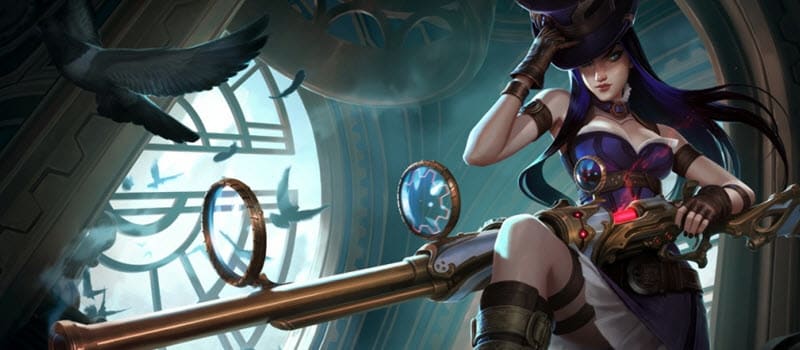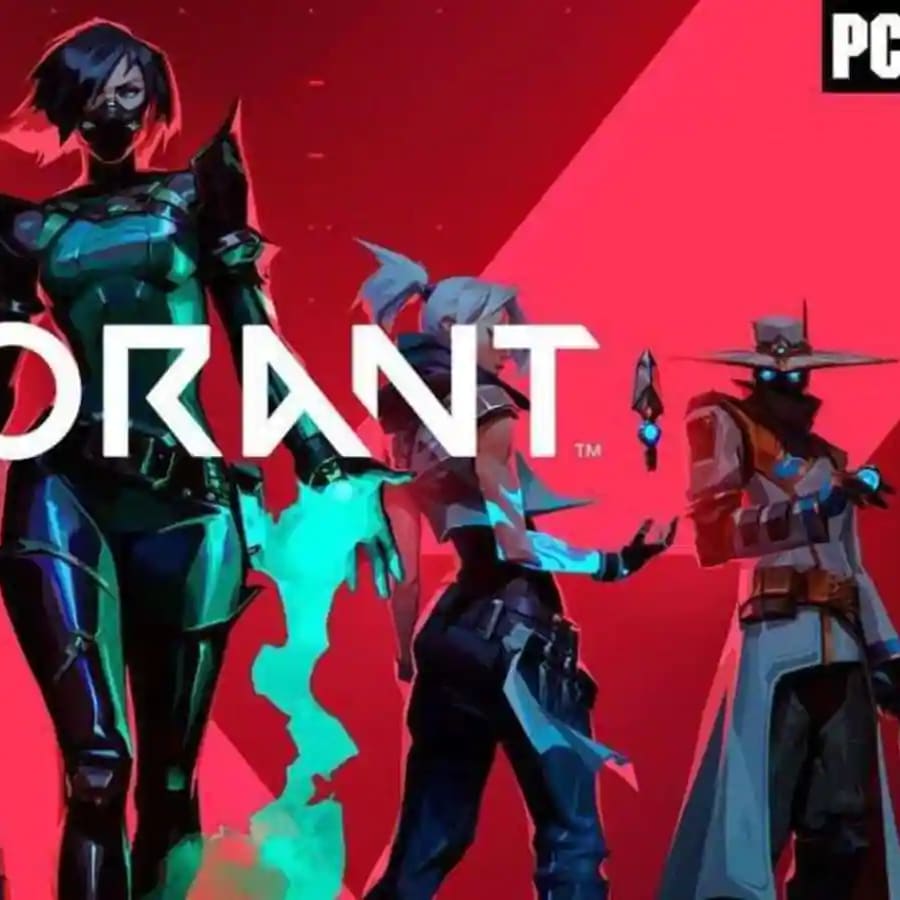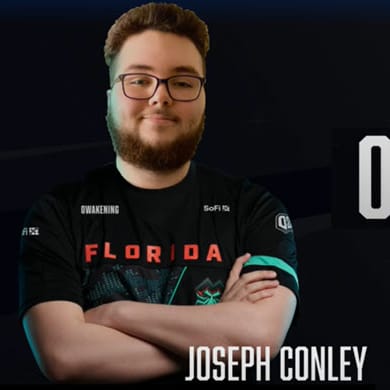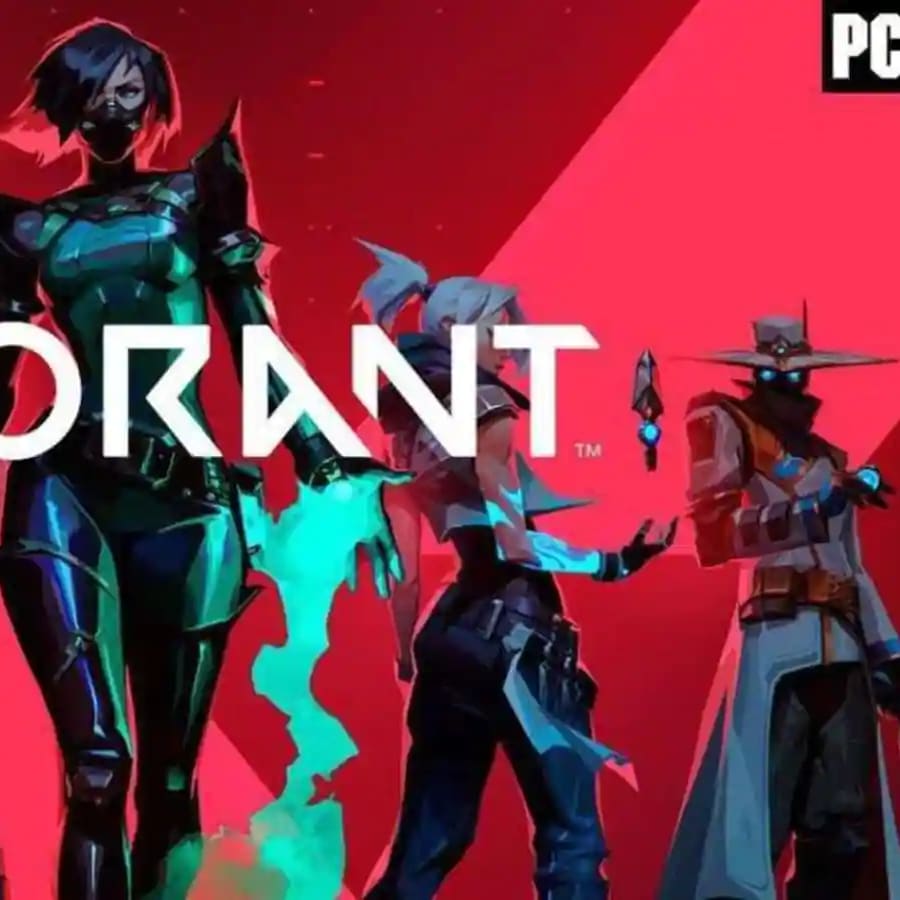This article is part of our League of Legends series.
Invictus Gaming took the world by storm Saturday morning when it tossed aside the hapless Fnatic and claimed League of Legends' ultimate prize, the Summoner's Cup, for itself and its native China at the conclusion of the 2018 League of Legends World Championship.
All eyes were on two men coming into the finals. That all-stars such as Invictus Gaming's top laner Kang "TheShy" Dong-geun and Fnatic's AD Carry Martin "Rekkles' Larsson would perform on the biggest stage was taken as a given, but it was the supporting cast that was in question. The two team's junglers, Gao "Ning" Zhen-ning for Invictus Gaming and Mads "Broxah" Brock-Pederson for Fnatic, were under especial scrutiny, as their respective roles have become the most pivotal in League of Legends over the course of a World Championship that has turned especially bloody during the early game. Broxah's credentials seemed unimpeachable -- over the course of the tournament he's time and again proven himself as one of, if not the most consistent jungler at the event -- but Ning's were anything but. It would be difficult to find a more feast or famine player at the event, and thus Ning looked to be the Achilles heel of a team who seemed utterly dependent on their solo laners early game performance.
Fortunately for iG, that was a worry they never needed to face. Ning threw down the gauntlet with Broxah the moment the series began when he locked in Camille in the first rotation and dared Broxah to face him with his famed Lee Sin -- a pick Broxah had yet to lose a game on in the tournament. The results were devastating for the side of Fnatic, as a long, long, long chain of ganks onto Caps in the mid laner ensured that not only was Ning not a liability for his team, he was just shy of being its MVP in one of the least competitive games ever played during World Finals. His dominance would continue well into the rest of the series, as his performance in Game 1 forced an immediate Camille ban from Fnatic in Game 2, which did nothing to stop Ning. His Gragas would go on to once again carry the game, this time by all but removing Fnatic's top laner, Gabriel "Bwipo" Rau, from the game via repeated ganks.
It would not be Ning who would be the hero of Game 3, however, especially after a failed smite on Baron nearly gave Fnatic a way back into a game that was already all but won for Invictus Gaming. Instead it would be Invictus Gaming's ace 17-year-old ADC, Yu "Jackylove" Wen-Bo who would steal both the limelight and the West's hope for another World Championship title with his immaculate play on a champion thought long dead at Worlds 2018: Kai'Sa. There is little to tell that isn't told by Jackylove's stratospheric 13/0/7 KDA. The young superstar went on a tear through the lines of Fnatic in a way that was terrifying to behold, as Jackylove's masterful ability to re-position himself nearly at will with Killer Instincts ensured that he was always exactly where he needed to be in every fight. More often than not, however, exactly where he wanted to be was directly in Fnatic's backline, where he ripped through both Caps and Rekkles without as much as a second thought -- and Fnatic's hopes to turn around a seemingly doomed series along with them.
And thus, Invictus Gaming closed the book on what will go down in history as China's year of dominance in the League of Legends world. For the entirety of the last calendar year China has won every event they've attended, whether it be All-Stars, the Asian Games, Rift Rivals, or now the World Championship itself. Just what the success of Invictus Gaming will mean for the coming years of League of Legends remains to be seen. Will China supplant Korea as the juggernauts of competitive League of Legends, or will the field instead open up such that other regions might rise to prominence? Tomorrow's questions have no certain answers, but what is certain is that for the moment there is no one more excited that Invictus Gaming and the long-suffering fans of China's Lol Pro League, who have now made their own mark on ever-evolving tapestry that is the history of League of Legends.












